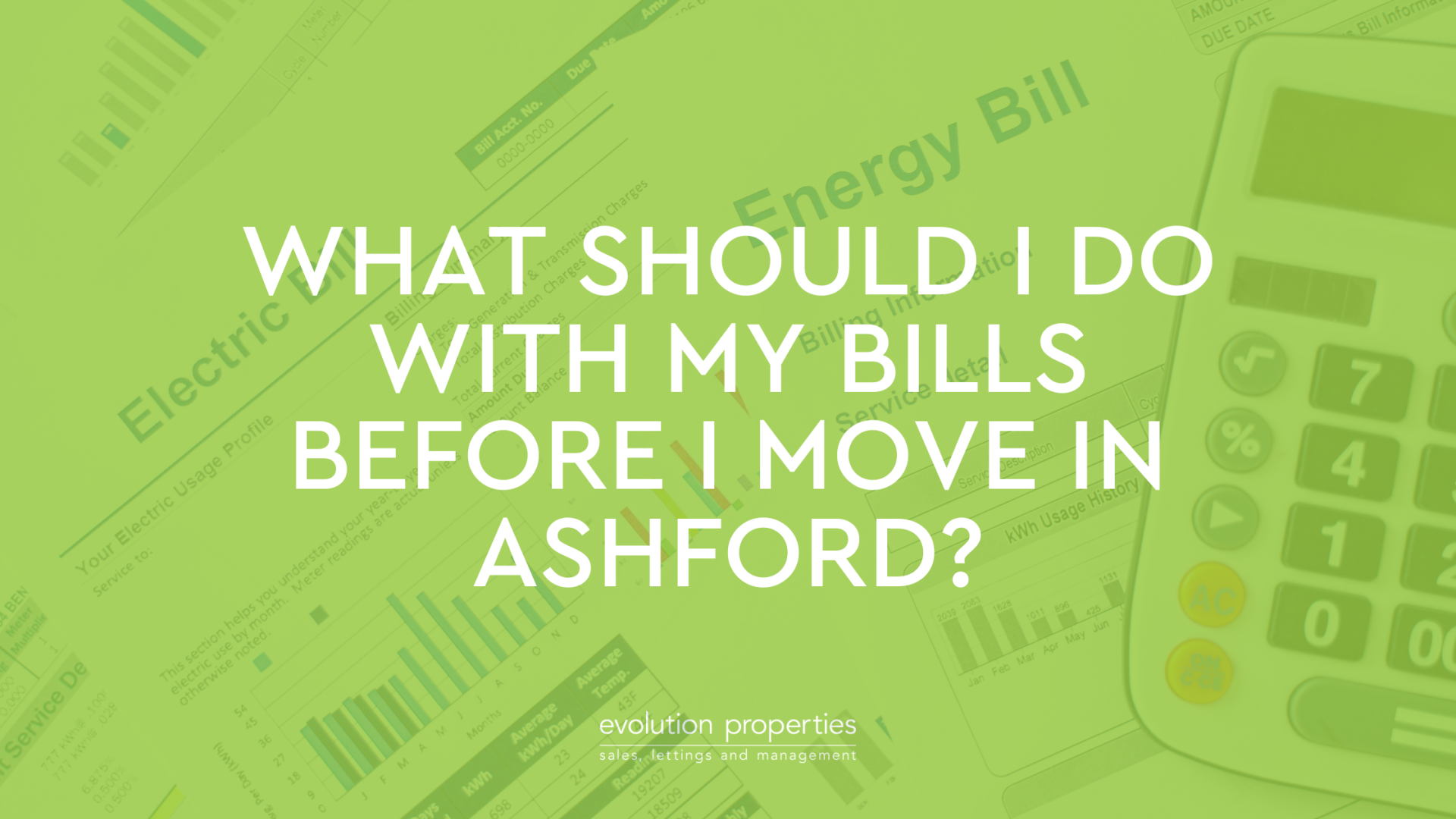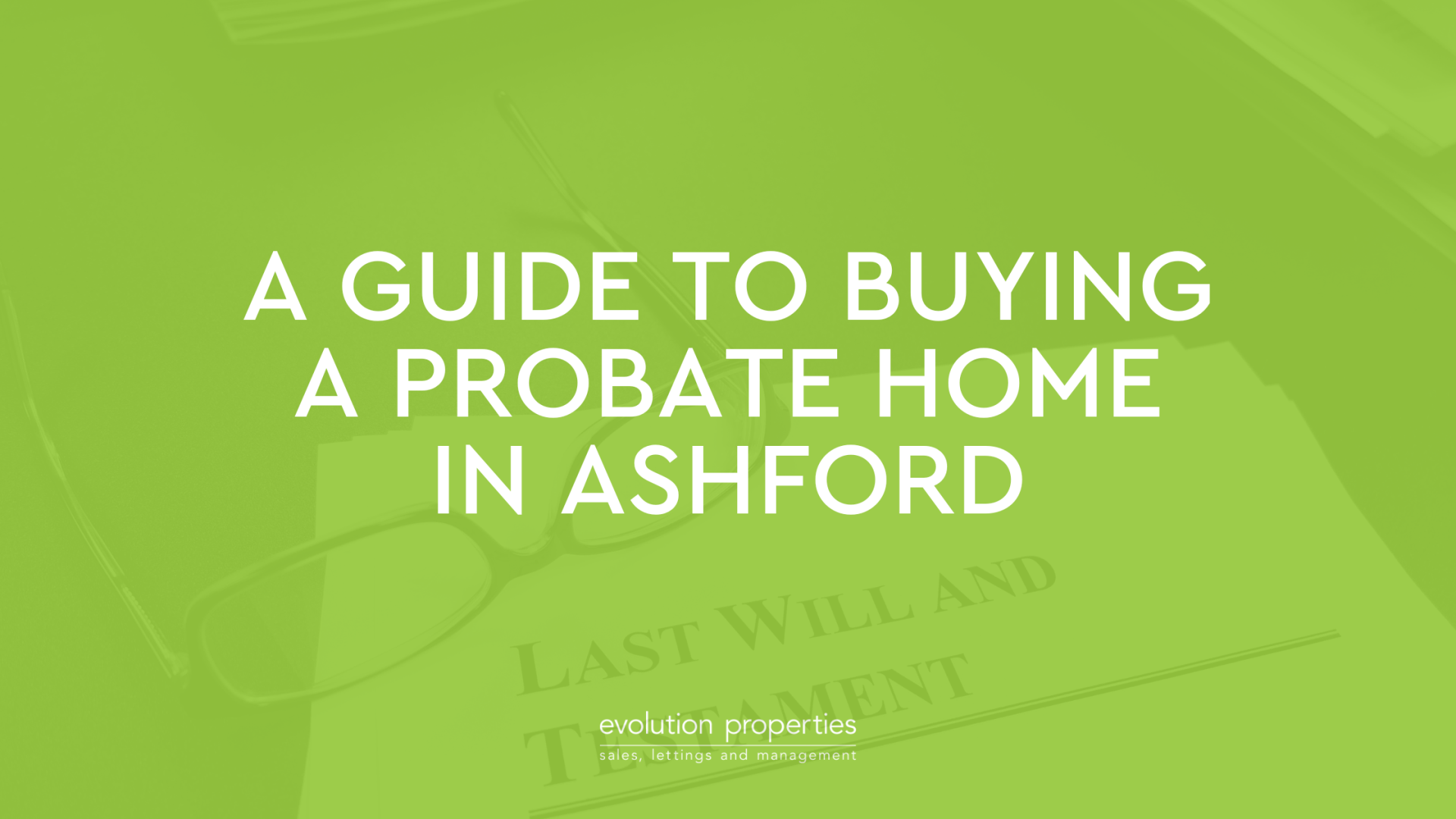What happened in today’s Autumn Statement?
Today Mr Hunt announced a range of counterparts in the Autumn statement covering taxes and wages, energy, government spending and the economy.
- “Legally-enforceable minimum wage for people aged over 23 to increase from £9.50 to £10.42 an hour from next April.
- State pension payments and means-tested and disability benefits to increase by 10.1%, in line with inflation.
- Apart from in Scotland, top 45% additional rate of income tax will be paid on earnings over £125,140, instead of £150,000.
- Income tax personal allowance and higher rate thresholds frozen for further two years, until April 2028.
- Main National Insurance and inheritance tax thresholds also frozen for further two years, until April 2028.
- Tax-free allowances for dividend and capital gains tax also due to be cut next year and in 2024.
- Local councils in England will be able to hike council tax up to 5% a year without a local vote, instead of 3% currently.
- Household energy price cap extended for one year beyond April but made less generous, with typical bills capped at £3,000 a year instead of £2,500.
- Households on means-tested benefits will get £900 support payments next year.
- £300 payments to pensioner households, and £150 for individuals on disability benefit.
- Windfall tax on profits of oil and gas firms increased from 25% to 35% and extended until March 2028.
- New "temporary" 45% tax on companies that generate electricity, to apply from January.
- The Office for Budget Responsibility judges UK to be in recession, meaning the economy has slowed for two quarters in a row.
- It predicts growth for this year overall of 4.2%, but size of the economy will shrink by 1.4% in 2023.
- Growth of 1.3%, 2.6%, and 2.7% in 2024, 2025 and 2026.
- UK's inflation rate predicted to be 9.1% this year and 7.4% next year.
- Unemployment expected to rise from 3.6% to 4.9% in 2024.
- Government will give itself five years to hit debt and spending targets, instead of three years currently.
- Scheduled public spending will be maintained until 2025, but then grow more slowly than previously expected.
- In England, NHS budget will increase by £3.3bn a year for the next two years, and spending on schools by £2.3bn.
- It will mean larger payments to devolved governments in Scotland, Wales and Northern Ireland.
- Defence spending to be maintained at 2% of national income - a Nato target.
- Overseas aid spending kept at 0.5% for the next five years, below the official0.7% target.
- Chief Scientific Adviser Sir Patrick Vallance to lead review into how post-Brexit regulation can support emerging technologies.
- Import taxes removed on more than 100 goods, including some food products, for two years to reduce costs.
- A planned tax on online sales shelved due to "complexity".
- Lifetime cap on social care costs in England due in October 2023 delayed by two years.
- Social housing rent increases in England capped at 7% from next April - instead of 11% due to inflation.
- Electric cars, vans and motorcycles to pay road taxes from April 2025.
- Suffolk will get an elected mayor - with mayors for Cornwall, Norfolk and an area in north-east England to follow.
- New deadline for stamp duty tax cut, which will end in March 2025.
- BBC NEWS, November 2022.
Read more: https://www.bbc.co.uk/news/business-63555313







Share this with
Email
Facebook
Messenger
Twitter
Pinterest
LinkedIn
Copy this link